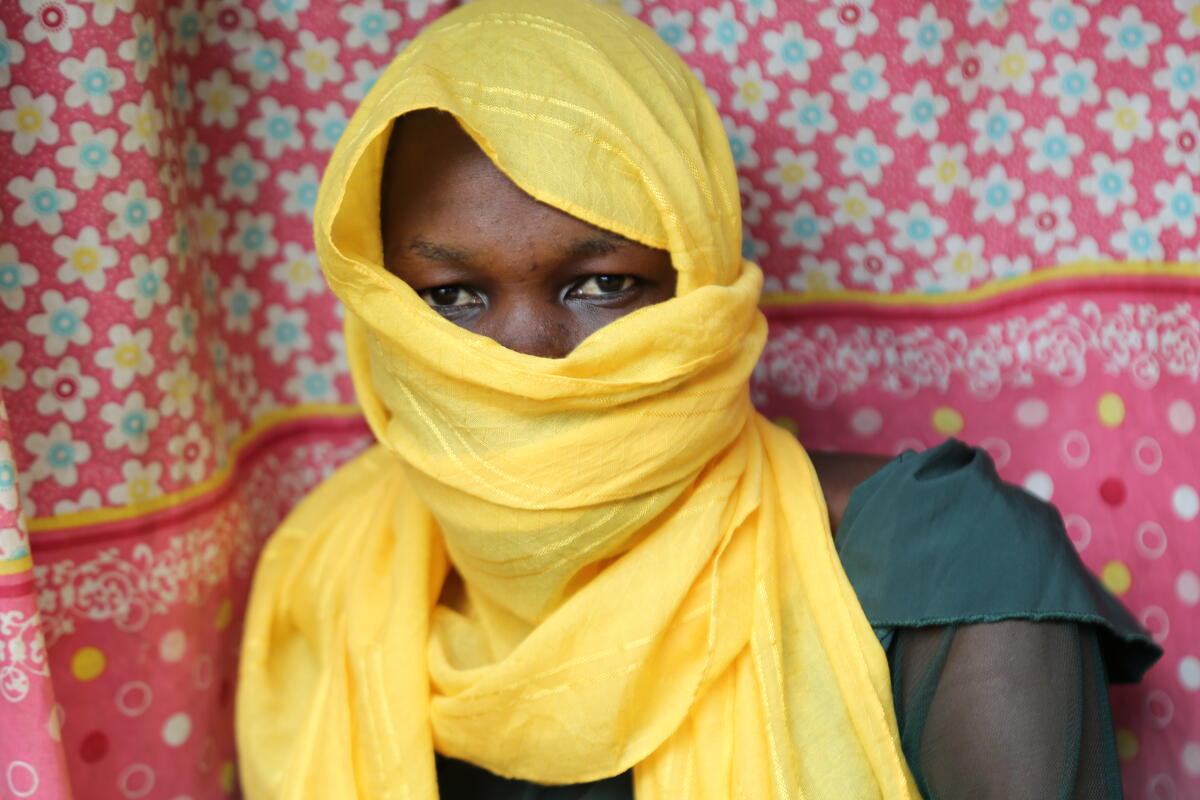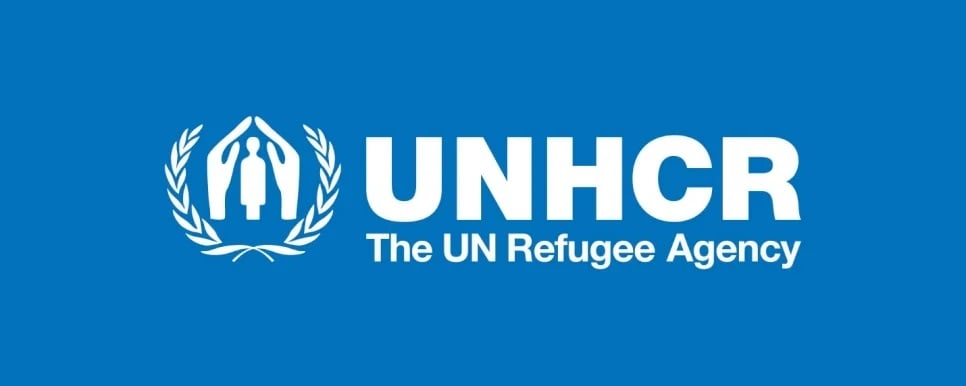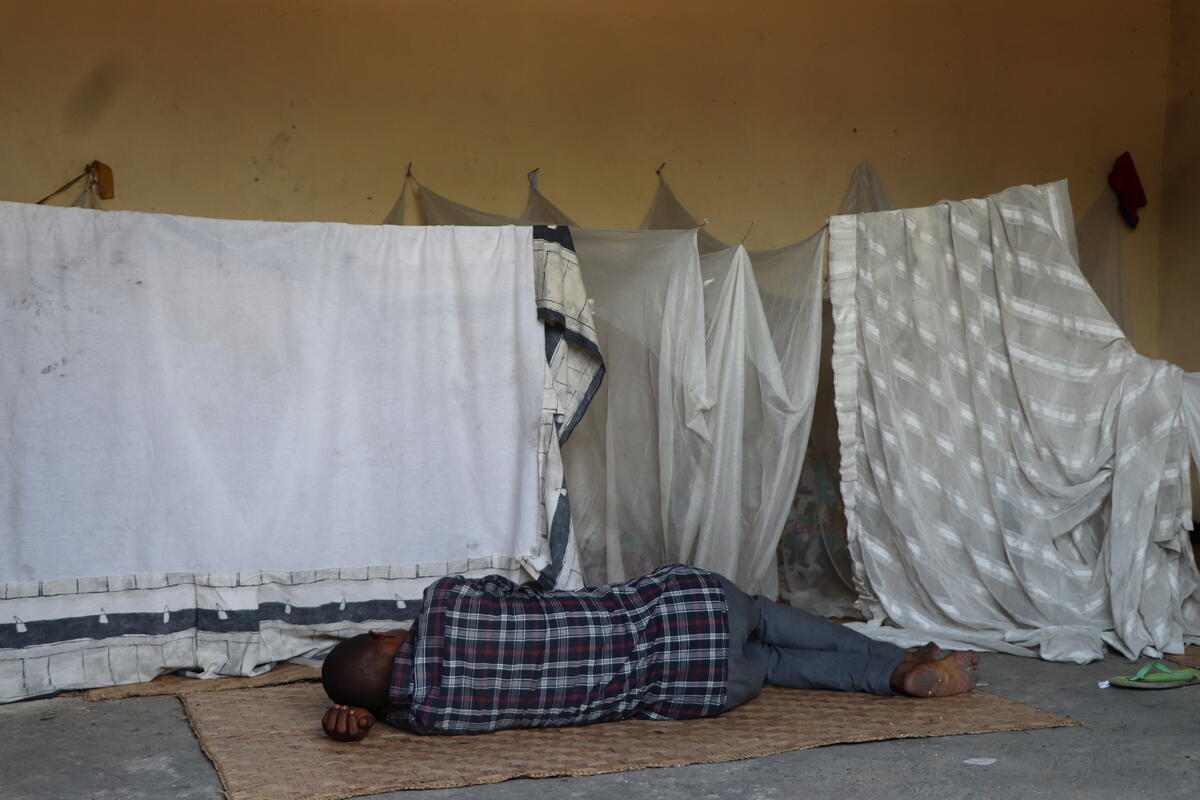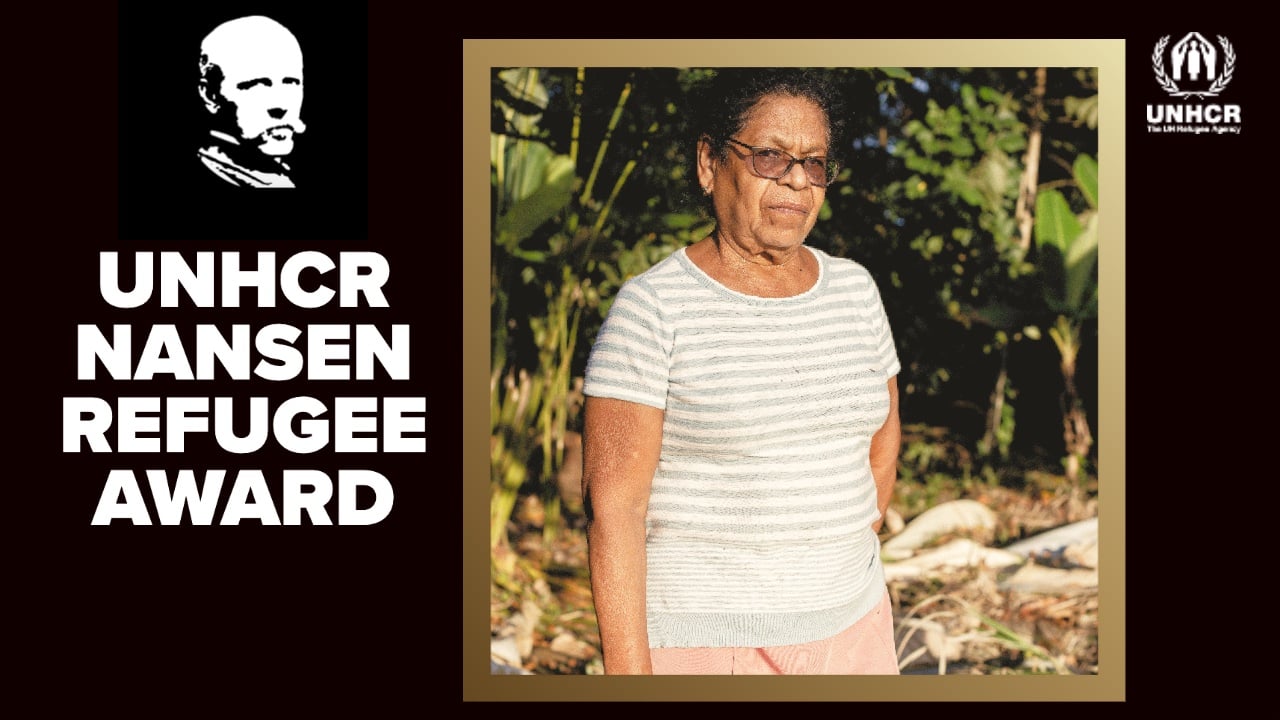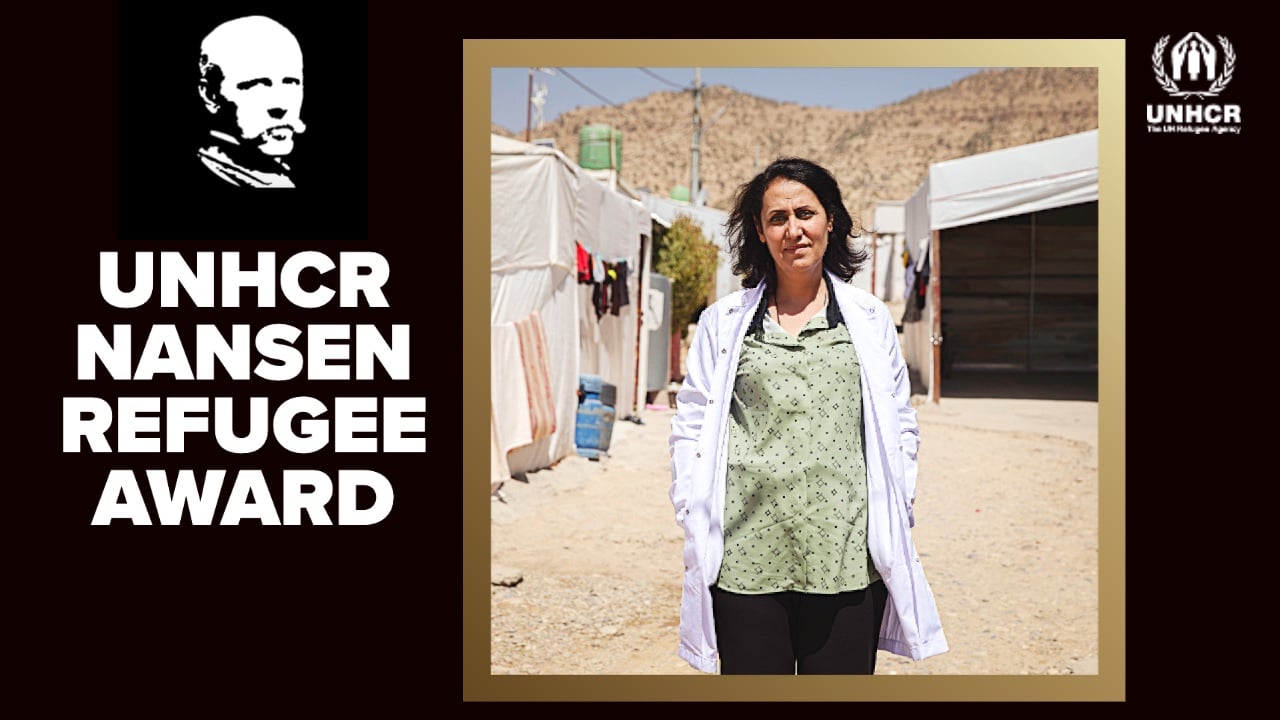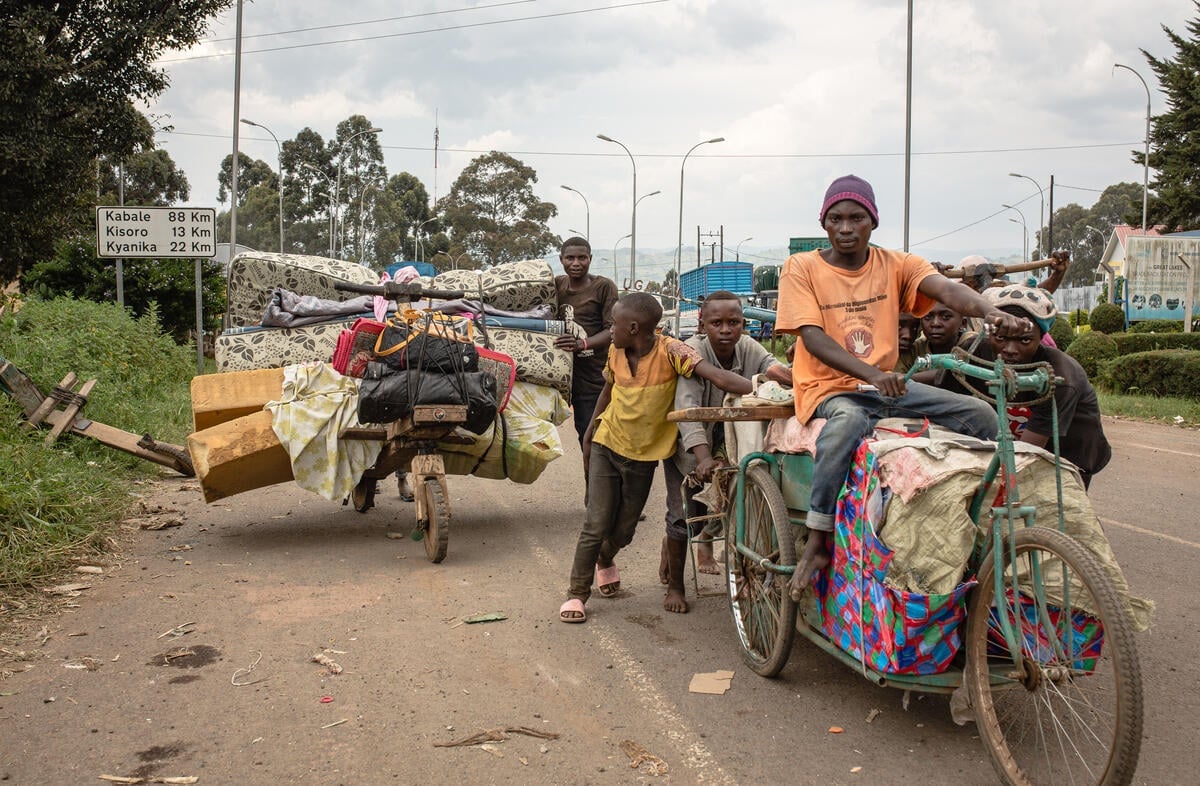16 Days of Activism: Special office in Kenyan refugee camp helps victims of sexual violence
16 Days of Activism: Special office in Kenyan refugee camp helps victims of sexual violence

DADAAB, Kenya, November 30 (UNHCR) - In Hagadera, one of three sprawling refugee camps in north-west Kenya's Dadaab region, there's a group of women who call themselves "survivors." They are victims of sexual violence, a scourge which reaches into the overcrowded camps, home to some 270,000 people, mainly Somalis, who have fled their troubled homeland.
Many retreat into themselves, but a growing number of these abused women are turning to a special Gender and Development Office - backed by the UN refugee agency and run by CARE - that counsels victims of rape or domestic violence and also helps to empower them, through training programmes, income-generation activities and the like. It will soon be complemented by a Gender Recovery Centre, which is due to open on December 10 at Hagadera's hospital.
UNHCR recently sat down and talked with a group of "survivors," including Fatuma,* a 42-year-old widow. The mother of six was referred to the CARE Gender and Development Office (CARE-GAD) after she was badly beaten when fighting off a man who was trying to rape her. Neighbours chased the man away.
The office's help was vital in her physical and mental recovery. "CARE-GAD facilitated additional hospital check-ups for me as well as regular home visits. Every morning they ask me how I'm doing," said Fatuma, who also received valuable business training.
"I'm a survivor. I have been trained in business skills and now I'm involved in running a donkey cart service which transports goods and food to vulnerable families distant from the camp's service areas." Thanks to the counselling and business training that she received, she has been able to get on with her life.
Habibo* survived an even worse experience than Fatuma. The 31-year-old mother of two was raped by two armed men while out collecting firewood on the outskirts of Hagadera camp.
"I am a rape victim. But the counselling I received from CARE-GAD was very effective, it settled my mind and I almost forgot the incident," said Habibo, who also received support through a business skills group established for vulnerable women and now runs a grocery store in Hagadera.
"We are survivors," she said, surrounded by other women who have been helped by the gender and development office. "We also talk to other survivors and encourage them to report their cases - assault, wife battery, rape - to the police, hospitals and CARE-GAD."
Binto,* meanwhile, is a victim of domestic violence. Her problems began when she was unable to have sex with her husband because she was suffering from a gynaecological problem. "He said to me, 'You are not sick, you are denying me my rights.' Then he would beat me. I reported it to the police and went to the hospital for treatment," she recalled.
She also went to the centre run by CARE. "After the counselling, I became settled . . . It showed me that we can encounter any problem and deal with it. Anything is possible." Binto, who has since divorced, is among the group of "survivors" who now spend much of their time helping other abused women.
"We help others; tell them when and how to report incidents. It's empowerment through helping others. It's bad to hide problems. Some problems we hid before but we shouldn't." She will soon join a group of women who are setting up a grocery business in Hagadera's market under an income generation programme run by CARE-GAD and supported by UNHCR.
The work done by the gender and development office will be boosted when the Gender Recovery Centre opens on December 10, final day of the annual 16 Days of Activism to Eliminate Violence Against Women, an international campaign supported by UNHCR and originating from the first Women's Global Leadership Institute in 1991.
Currently, victims of sexual and gender-based violence requiring hospitalization must stay in mixed wards. But Natasha Nabwire, gender officer at the CARE-GAD office, explained that when the Gender Recovery Centre opens, "We will have 12 paediatric beds and 12 adult beds in two separate wards in a new hospital wing. Our counselling unit will be able to offer their services more easily in this environment and can call back if needed."
The recovery centre will be run by the International Rescue Committee and there are plans to provide a similar service in Dadaab's Ifo and Dagahaley camps.
*Names changed for protection reasons
By Andy Needham in Dadaab, Kenya


